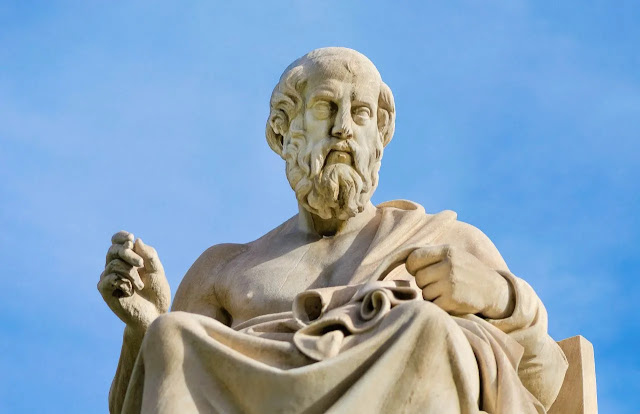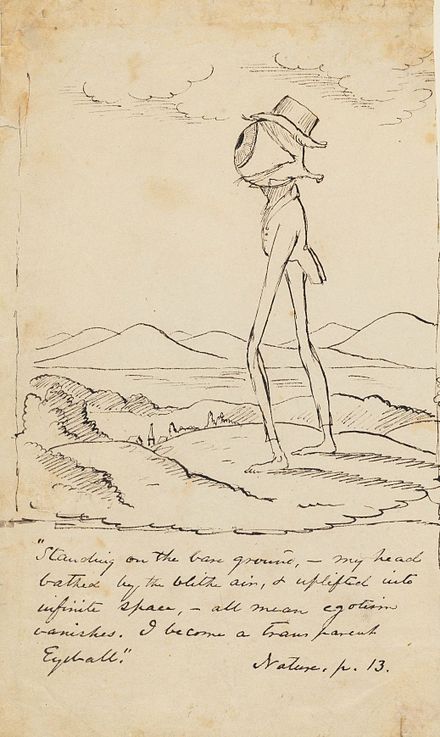On the Shoulders of Giants
I had a childhood friend I could talk to about the nature of reality. One day, we discovered pretty much everything there is to know. The story of everything there is to know if you have an afternoon in your childhood to think about it. It's easy. The problem is that we forget. So something needs to be said about why we forget, and what is possible for anyone to do to remember.
What if we are all infinitesimal specks on the body of some larger being? That was the question we asked ourselves, as I am sure children have been wondering for all of history. Well, let me back up a minute. The first question was, “What are we doing here?” What is our place in the universe? Why this Earth? What is it possible for us to know about these things? Some would say God is the answer. Some would say it’s a mystery. Some would say God is a mystery. All of this may be true, depending on your perspective. So it’s a question of perspective. What we discovered that afternoon is that something real is happening here.
We may not know what is happening, but depending on your perspective, that reality is everything there is to know. We finally agreed upon the infinitesimal speck theory. I am sure it is related to some other fancier and well researched theory, quantum theory or something like that. But we knew that if we could know anything, we were a small part of something much greater. If it was a dream, then there must be a dreamer that was the greater part of our being. If our whole universe was rain falling in a world of giants, then we might have landed momentarily on a giant's shoulder and be the tiniest of tiny parts of that world. That something greater than ourselves exists was our certainty. We were equally certain that something greater than ourselves was not likely to be aware that we even existed.
Whether we were right or wrong is not the problem. The problem is that whatever it is that is happening here goes by without our being aware of it. We are like the giants, and even among other giants we are not aware of what is happening, even at the scale of our daily interactions. We are not talking about geological time here. This is not a question of what you can see if you look through a magnifying lens. We forget because we stop asking questions. We stop trying out new things to find our place in the universe, and being aware of how we can find new ways and improve upon what we have learned already. Take the deceptively simple act of walking as just one example. Most of us learned to walk in our first years of life and then forgot about it. Unless we had an accident I would venture to say that we have been walking the same way ever since. We walk out of habit, and as we age our bodies change to reflect the way we have been walking. If we favor one side even a little, that will be amplified as we move toward old age unless we begin the process of unlearning at some level.
It is possible for anyone to change the course of the aging process beginning with a simple step in a new direction. The next time you rise in the morning, sit up and place your feet on the ground beside your bed. Before taking a step, give some some thought to your feet and how they touch the ground. Think about different ways you could use your legs to move them along. Slowly perhaps. Thoughtfully. Striding purposefully, fully extending each leg from the hip and stretching your back leg as you step forward with the next. Gliding, almost dancing. You could even skip. The point is you can try different things. And that will help you to remember that you can do anything. Become more aware of the people around you and how they walk. Learn from them. Plato said all learning is recollection. The more ways we have for getting around on our feet, the more way we might be able to remember whose shoulders we are walking upon.
~ Thoughts after reading a little Plato - born on this day in 429 BCE, May 21st.




Comments
Post a Comment